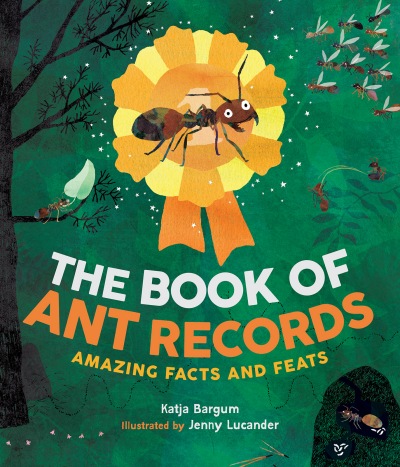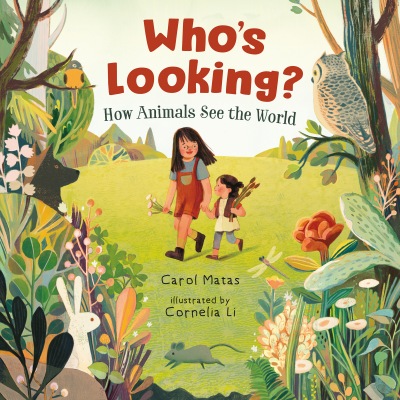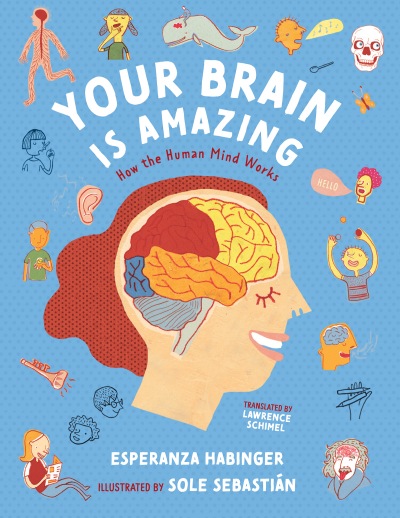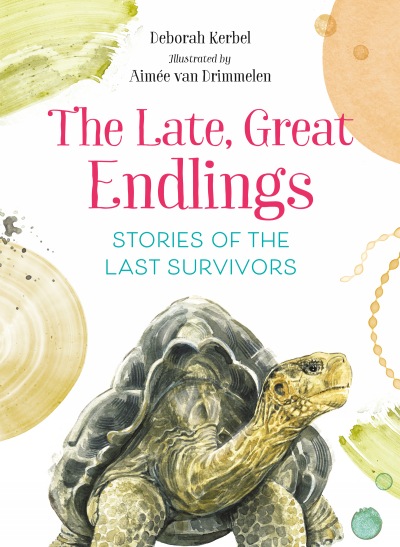In the course of history, humans have had a negative impact on the lives of whales.
There are many stories and legends about whales. Humans have long been fascinated by these majestic creatures. Maybe it’s their immense size or their mysterious songs. But how many of the stories are true? What do we really know about whales? And are we a threat to these creatures that captivate us?
Author India Desjardins offers a glimpse into the lives of whales—their history, environment, biology and behavior. She explores our relationships with whales and the dangers that threaten their existence, and she shares what we can do to help keep them safe. Whales and Us is a beautifully illustrated tribute to these fragile giants and a powerful call to action, with the hope that they will never stop roaming the world’s oceans.















“Visually stimulating and loaded with interesting facts, creating an effect that will have readers poring over the pages trying to soak it all in. What’s more, Desjardins takes the educational and inspirational aspects of her book even further by touching on themes like climate change and human activity as threats to the welfare of the natural world… a worthwhile choice for shared reading time.”
“This information picture book takes a fresh approach [and includes] soft, inviting watercolour illustrations…fulfills its goal of linking us with the history and future of whales. Highly Recommended.”
“A book that can be dipped into time and again. Illustrations are painterly and delicate…they work beautifully and draw the reader in. One of the book’s strengths is that we are asked to see whale behavior through their lens, not a human one.”
“Full of rich, interesting facts…Complementing the text are unique water-colour illustrations that bring life to the pages.”
“A most impressive book…appealing illustrations complement the text, and offer context for the facts shared.”
“Supports curriculum concepts related to understanding the features and behaviours of whales that help them thrive in their environment [and encourages readers] to make ethical decisions and become ecologically responsible citizens.”